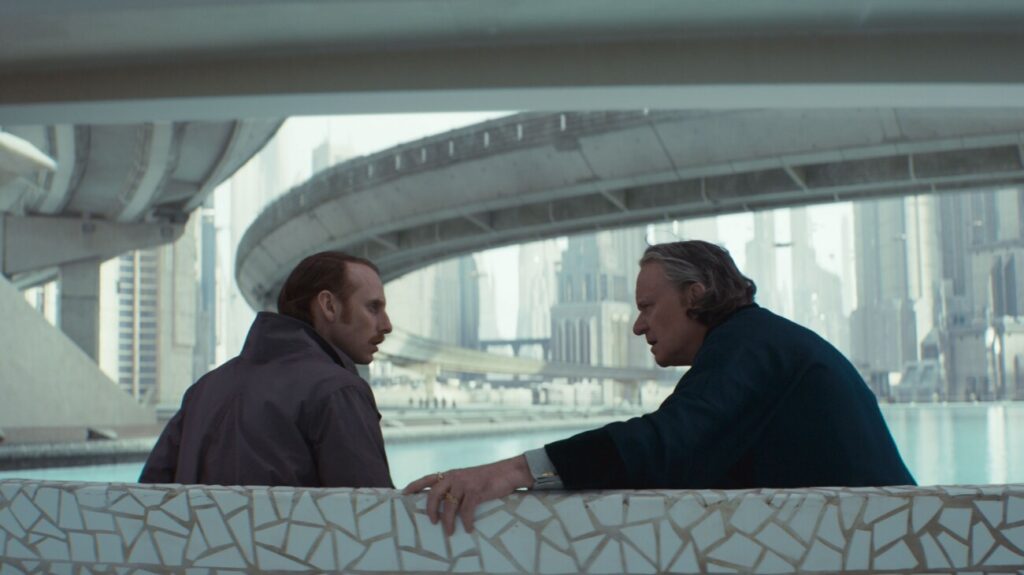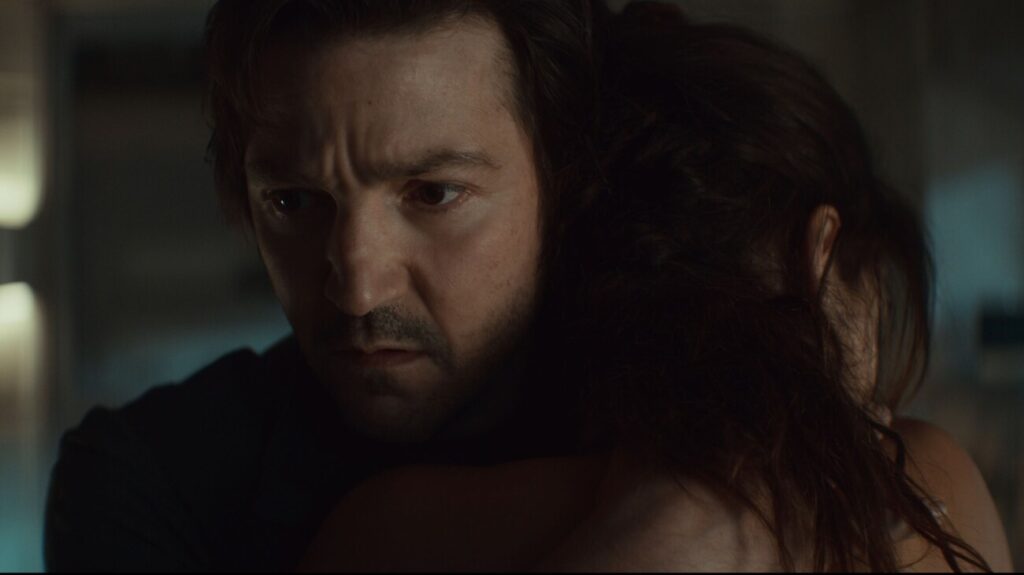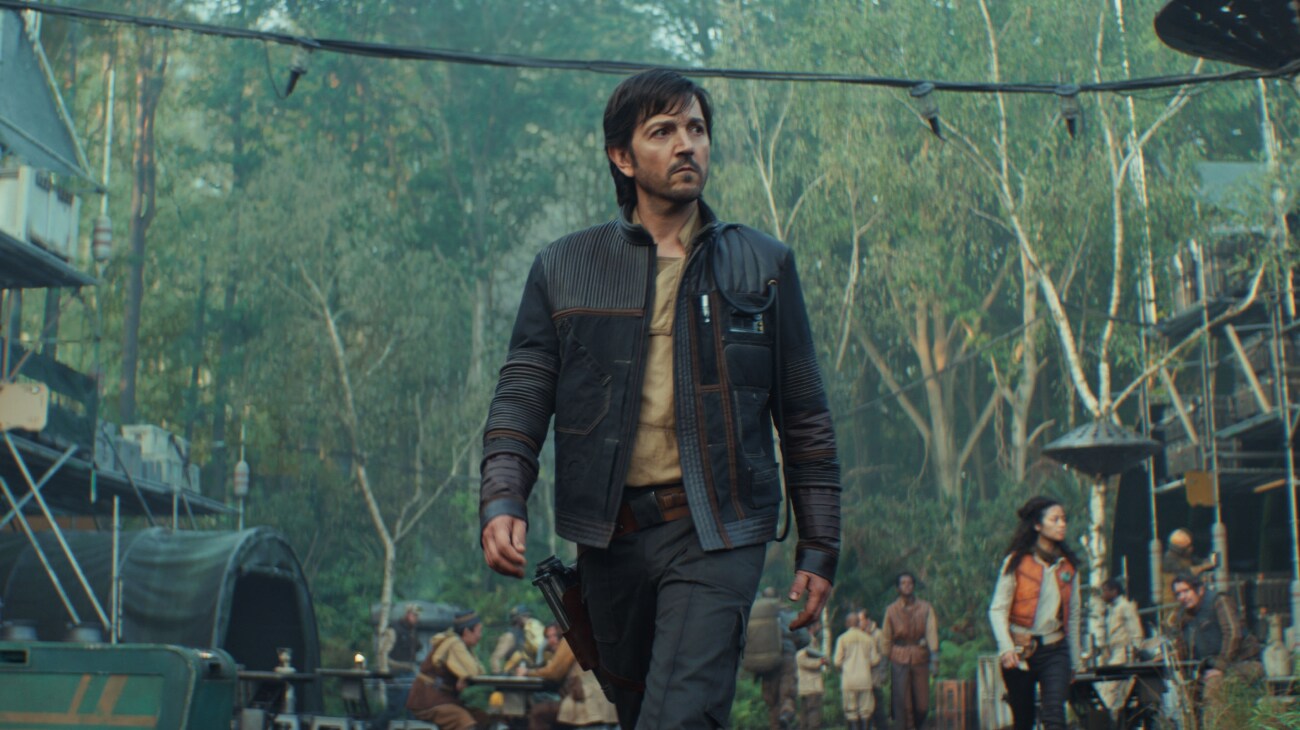After a critically acclaimed first season, Andor returns with Diego Luna gracing our screens once again, playing the complex Rebel spy, Cassian Andor. The previous season saw Cassian taking an “every man for themselves” approach, resisting any allegiance to the Rebellion. This second season follows of progression of his character as he transitions to being an integral rebel leader.
Andor is a part of the Star Wars timeline, which is notoriously complex, featuring multiple trilogies, spin-offs, and several animated series. These have only continued to expand after Disney purchased Lucasfilm in 2012, the company behind Star Wars. Yet Andor stands apart. Set five years prior to the Battle of Yavin – a central battle in the first Star Wars movie where the Rebellion destroys the Empire’s ship, the Death Star. Andor explores the crucial years leading up to that moment, highlighting the individuals who made the Rebellion possible and the rise of political resistance within the galaxy.
The series opens with Cassian dressed in disguise, infiltrating an Imperial base to steal a test ship. This sets the scene for the second season – Cassian is no longer just surviving; he is committing to the fight against the Empire. This choice isn’t framed as heroic, but necessary. Cassian has been pushed to the brink and represents how individuals can become radicalised when pushed far enough by oppressive, authoritative regimes. Andor instead focuses on the everyday person who actively chooses to resist the authoritarian regime of the Empire through everyday actions, rather than the usual light saber wielding protagonists.

Additionally, the character of Luthen Rael continues his story of being the fearless, morally complex figure, who lurks in the shadows, often making brutal decisions to keep the Rebellion ticking over. Unlike other characters in Andor, Luthen rarely hesitates when sacrifice is required – even if it means taking another person’s life. Senator Mon Mothma remains essential in season two. Her storyline highlights the immense personal cost of her rebellion. Mon works in the background, helping to funding the cause, although it leads her to make difficult decisions, including marrying off her daughter in a political alliance, and sacrificing her friend to escape blackmail and exposure. A true battle scene in the series is the massacre on Ghorman, to which we see Mon make a passionate, controversial speech within the senate:
“What took place yesterday… What happened yesterday on Ghorman was unprovoked genocide! Yes! Genocide! And that truth has been exiled from this chamber!”
For a Disney produced show to use the word “genocide” in 2025 is no small thing. It is particularly interesting timing considering the language being used to describe events in places like Gaza and elsewhere. Although, Star Wars has always been political, with its creator George Lucas, basing the original films off the Vietnam war. Andor does not directly reference these current conflicts, the parallels depicted in the show makes its content feel extremely topical. Mon’s speech may be fictional, but its emotional and political weight feels real in times like these.
Of course, it wouldn’t be a Disney program without a romantic relationship and season two does not disappoint. Finally, there is the development of Bix and Cassian’s romantic relationship. But unfortunately, nothing comes easy in Andor, and their relationship is complicated by the guilt and PTSD Bix carries from the Empire inflicted torture in season one. Eventually, Bix leaves Cassian when realises that her presence could hinder his commitment to the fight. It’s a heartbreaking, selfless act which highlights the personal cost of resistance against the Empire.
With twelve episode in total, each three episodes make up one year within the Star Wars timeline, allowing for a deliberate, measured pace. This slow burn story telling has its critics, but hey, you can’t keep everyone happy. By the time fans reach the final few episodes of season two, they’re emotionally invested and desperate to find out what happens next. What’s perhaps most impressive is the tension the show manages to create despite the audience’s knowledge of Cassian’s fate in Rogue One. We know his story ends. However, the writers have managed to created tension in telling the story of how he becomes the man who gives up his life for the Rebellion.

It is not the action, or special effects, which make Andor stand out amongst the many Star Wars spin-offs released in the past decade. It’s the commitment to telling a story where the everyday person is fighting for what is right. Every character is struggling in their own way, whether it be for reasons of ideology, survival, love, or collective gain. The show’s creators do not offer easy answers or clear morality, and that is what makes it so compelling. Andor dares to be political and intensely human. For this reason, it is not just another Star Wars spin off; it is a powerful standalone television series which makes you feel emotionally connected to the story it is trying to tell.
